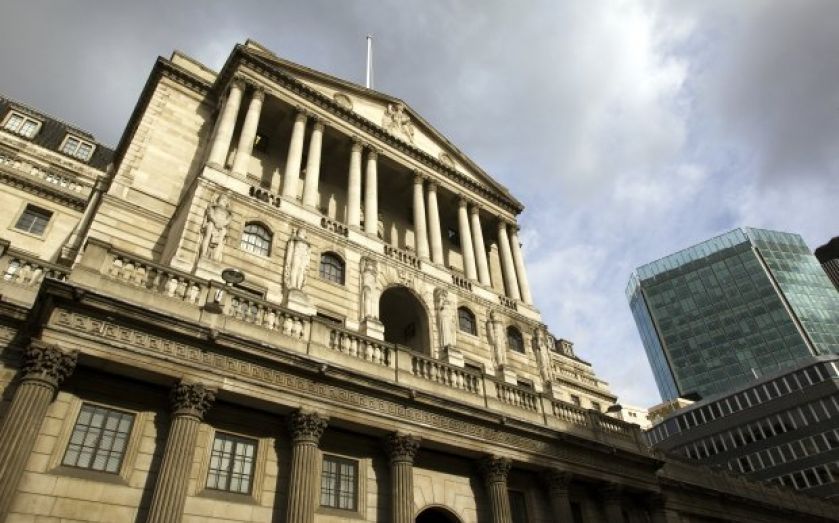The Bank of England’s latest hire literally wrote the paper on the trade-off between growth and equality

The arrival of US economist Kristin Forbes at the Bank of England is a huge win for the institution.
With it, it's picked up one of the hottest properties in academia, with a near unrivalled knowledge of financial contagion and capital flows.
She'll be the Monetary Policy Committee's first female member in five years when she starts this July, soon to be joined by Nemat "Minouche" Shafik.
As for how Forbes will vote on interest rates, it is yet to be seen, but in her spare time, she's a keen hiker – perhaps a sign of hawkish preferences.
Of her research, one publication that is likely to get a lot of attention as central bank watchers prepare for her arrival is her 2000 paper, "A reassessment of the relationship between inequality and growth".
In it, Forbes sets out to challenge "the current belief that income inequality has a negative relationship with economic growth," as before its release, policymakers had begun to claim that reducing inequality could spur growth.
Through reviewing the empirical data across several countries and time periods, she finds that in the "short and medium term, an increase in a country's level of income inequality has a significant positive relationship with subsequent economic growth."
The reference to time periods is important. That the increase in inequality precedes the following growth suggests that the former could be causative.
As such, Forbes notes that her conclusions are "disappointing". The results imply that countries face a trade-off between reducing inequality and economic growth.